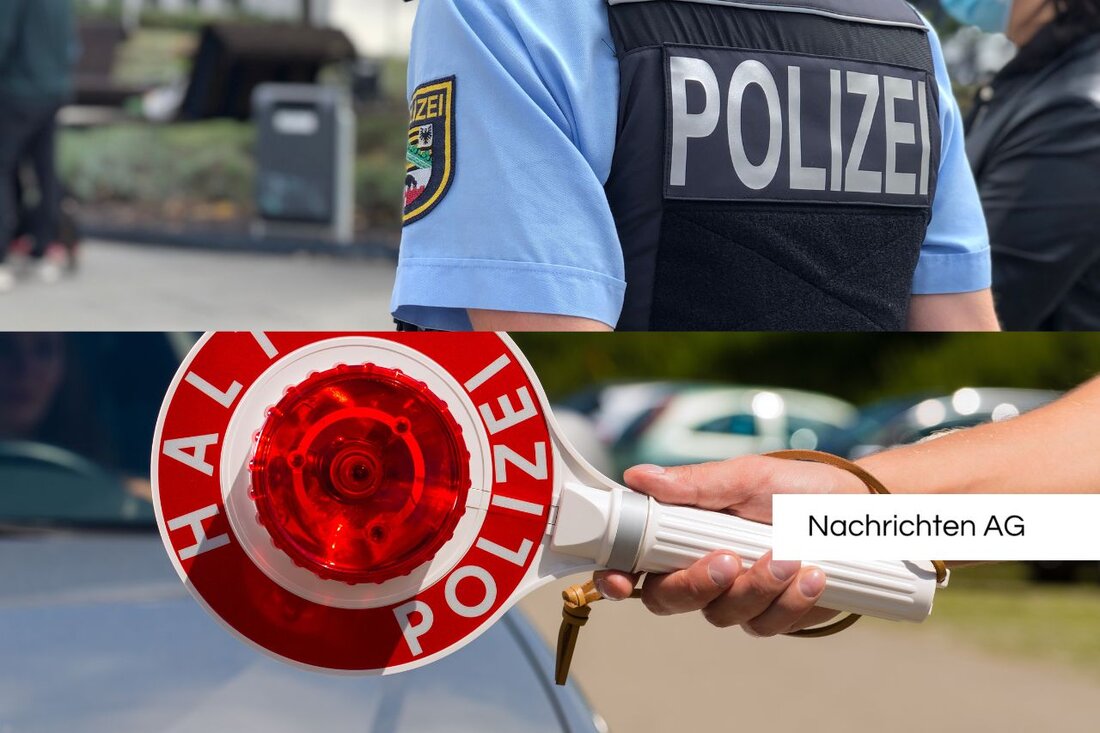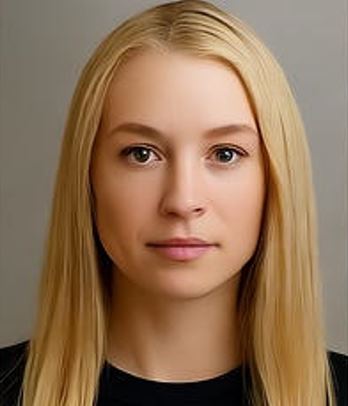Doping-Skandal: Österreich verliert Bronze bei der WM in Seefeld!
Lukas Klapfer kommentiert die Aberkennung der Bronzemedaille für Österreich bei der Nordischen WM 2019 in Seefeld aufgrund von Dopingskandal.

Doping-Skandal: Österreich verliert Bronze bei der WM in Seefeld!
Der österreichische Kombinierer Mario Seidl sieht sich nach einer langen Ermittlung von über fünfeinhalb Jahren mit einem erheblichen Rückschlag konfrontiert. Die Internationale Skiverband (FIS) hat ihm und seinem Team die Bronzemedaille im Teambewerb der Nordischen Weltmeisterschaft 2019 in Seefeld aberkannt. Der Grund dafür ist ein Urteil des Sportgerichtshofs CAS, das Seidl wegen Blutdopings verurteilt hat. Diese Entscheidung hat auch weitreichende Konsequenzen für die gesamte Sportgemeinschaft.
Seidl bestreitet die gegen ihn erhobenen Vorwürfe und bezeichnet das Urteil als Fehlurteil. In einem Interview betonte er, dass seine auffälligen Blutwerte durch eine Immunerkrankung bedingt seien. Trotz seiner Aussagen hat die Nationale Anti-Doping Agentur (NADA) einen Manipulationsfall festgestellt. Die Bronzemedaille geht nun an Japan, was Lukas Klapfer, ein Teamkollege, mit Unsicherheit über die Schuld Seidls kommentierte. Klapfer betonte, dass klare Verhältnisse im Sport wichtig seien, um das Vertrauen der Athleten und Fans aufrechtzuerhalten. Der Österreichische Skiverband (ÖSV) äußerte die Hoffnung auf einen Unschuldsbeweis für Seidl.
Aberkennung von Medaillen und weiteren Ergebnissen
Die Folgen der Entscheidung sind gravierend: Neben der Aberkennung der Bronzemedaille in Seefeld werden auch Seidls Wettkampfergebnisse zwischen dem 6. Oktober 2016 und dem 18. Februar 2017 sowie zwischen dem 19. Februar und 1. April 2019 annulliert. Dies bedeutet, dass auch seine Medaillen und Preisgelder wegfallen. Der ÖSV verkündete im Mai, dass die Team-WM-Bronze von 2021 in Oberstdorf ebenfalls betroffen sei, obwohl die FIS diese Medaille in ihrer Mitteilung nicht erwähnte. Dies könnte auf mögliche weitere Konsequenzen für Seidl und seine zukünftigen Wettkämpfe hinweisen.
Doping im Sport: Ein globales Problem
Doping bleibt ein zentrales Thema im Sport und umfasst die Einnahme sowohl leistungserhaltender als auch leistungssteigernder Substanzen. Weltweit werden Jahr für Jahr zahlreiche Dopingkontrollen durchgeführt. Zum Beispiel verzeichnete Deutschland 2022 rund 12.400 Dopingkontrollen, während etwa 1.000 Kontrollen im Radsport stattfanden. In Österreich wurden im Jahr 2023 etwa 2.800 Dopingkontrollen durchgeführt, hauptsächlich in den Sportarten Biathlon, Radsport und Fußball. Der Großteil der Dopingkontrollen besteht aus Urinproben, während eine geringere Anzahl Blutproben entnommen wird.
Insgesamt zeigen die Fälle von Dopingverstößen, dass die Problematik nicht nur in spezifischen Disziplinen, sondern in vielen Sportarten präsent ist. Laut einer Statista-Umfrage befürworten nur 7% der Deutschen die Legalisierung von Doping im Spitzensport, während 89% sich strikt dagegen aussprechen. Dies unterstreicht das öffentliche Interesse an fairen Wettkämpfen und die Notwendigkeit starker Anti-Doping-Maßnahmen, um die Integrität des Sports zu wahren.

 Suche
Suche
 Mein Konto
Mein Konto
